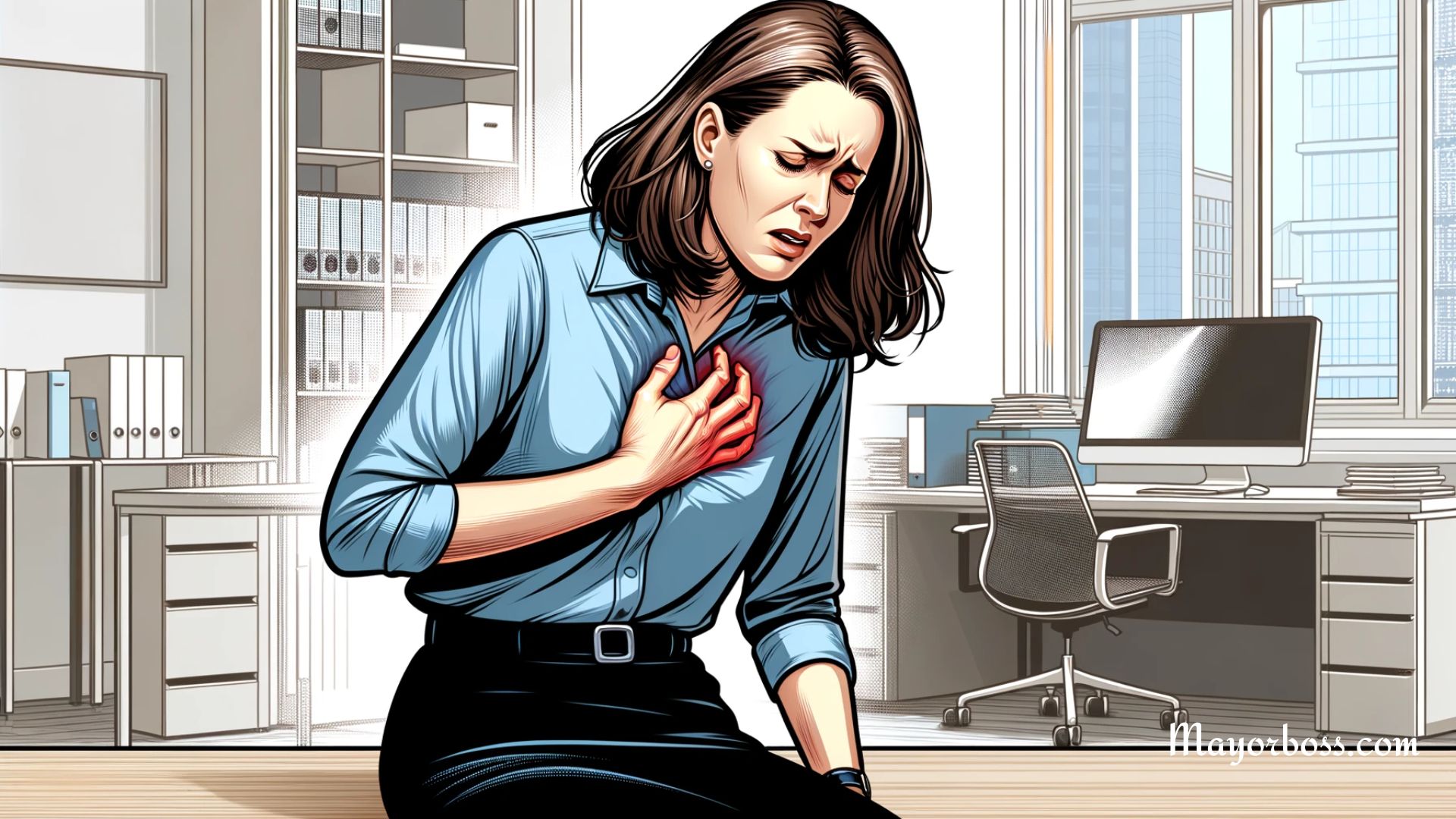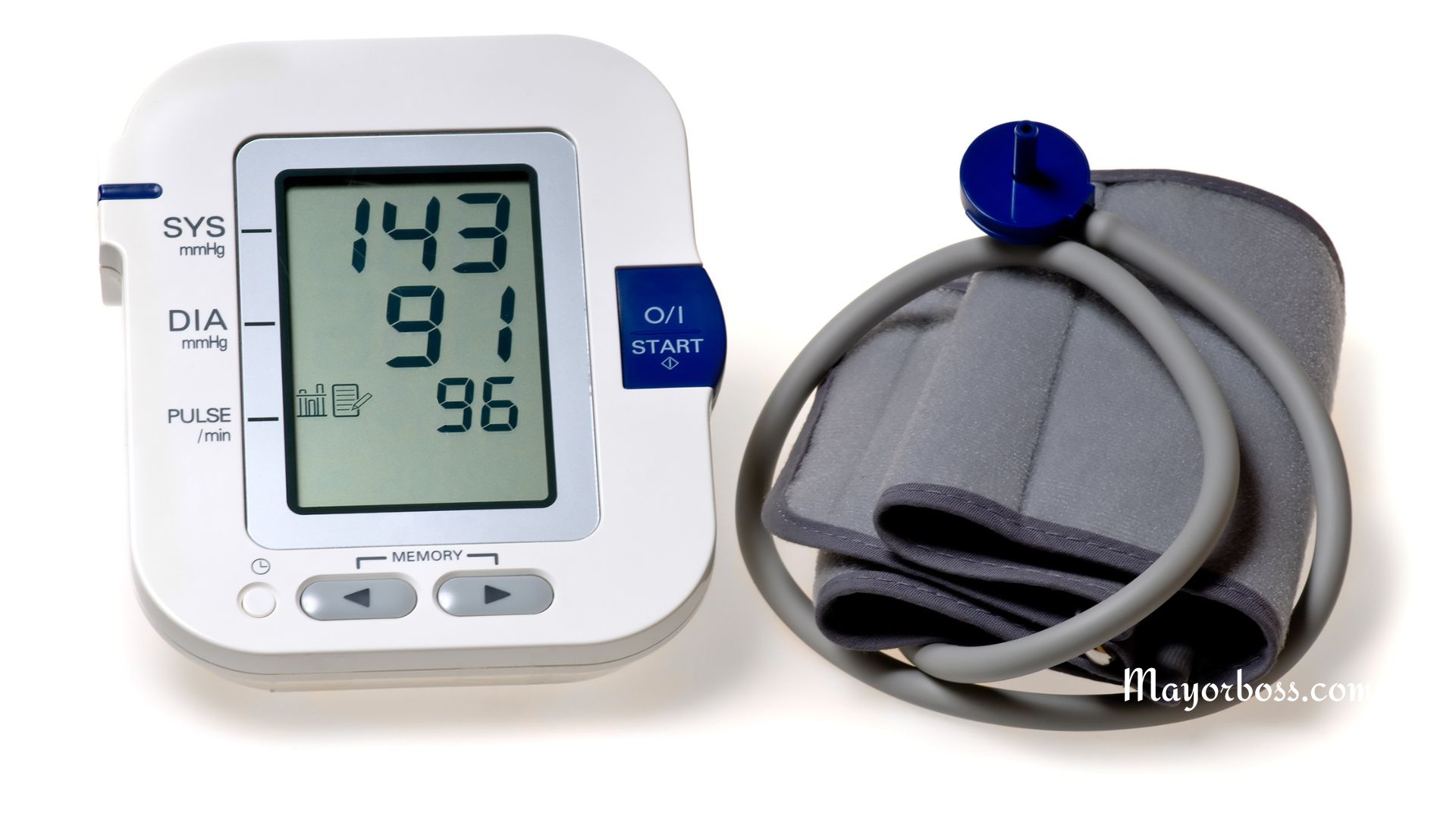Early Signs of Poor Blood Circulation
Blood circulation is crucial for our bodies to work properly. Your blood delivers oxygen and nutrients to every corner of your body, keeping your organs, muscles, and tissues functioning. But sometimes, the circulation isn’t as smooth as it should be, and that’s when issues arise. Poor circulation can lead to several health problems if not treated early. So, let’s look at some of the early signs that indicate your blood flow might need some help.

Cold Hands and Feet Could Mean Poor Blood Circulation
Have you noticed your hands or feet feeling unusually cold, even when the rest of your body is comfortable? This could be a sign that blood isn’t flowing efficiently to your extremities. When circulation is compromised, less warm blood reaches your fingers and toes, making them feel cold. Of course, cold weather can cause this, but if you’re often the only one needing gloves indoors, it’s time to pay attention.
Numbness and Tingling in Your Limbs Shouldn’t Be Ignored
Tingling or a “pins and needles” sensation is a common early sign of poor circulation. It often happens because certain areas of your body aren’t getting enough blood flow. You may feel this sensation in your hands, feet, or legs. Sometimes, the numbness can make it hard to even move your limbs properly. While occasional tingling can occur from sitting in an awkward position, frequent numbness could signal a circulation problem.
Swelling in Your Legs, Ankles, or Feet May Indicate a Circulation Problem
Another early sign of poor blood circulation is swelling, especially in your lower body. When your blood isn’t flowing properly, fluids can start to accumulate, causing swelling (also called edema). This often happens in the legs, ankles, or feet because gravity makes it harder for blood to travel back up toward your heart. If you notice swelling that’s not going away or is worsening, it’s worth discussing with your doctor.
Fatigue and Lack of Energy Might Be More Than Just Tiredness
Do you often feel tired, even after a good night’s sleep? Poor circulation can leave your muscles and organs starved of the oxygen they need, resulting in constant fatigue. If your body isn’t getting enough nutrients, it’s no wonder you might feel drained throughout the day. Fatigue is often a vague symptom, but when paired with others, it can suggest circulation issues.
Skin Discoloration Might Be a Sign of Insufficient Blood Flow
When certain areas of your skin don’t receive enough blood, they might change color. You might notice your skin becoming pale or even developing a blueish tint, particularly in your fingers or toes. This condition is called cyanosis and happens because of a lack of oxygen-rich blood. Sometimes, your skin might also appear shiny or thin. If you notice any unusual color changes in your skin, it could be a warning sign.
Hair Loss and Weak Nails Could Be a Warning Signal
Hair loss or thinning hair can also indicate poor circulation. Your hair follicles need a constant supply of oxygen and nutrients to stay healthy. When blood flow is reduced, your hair might not grow as well, and it may even fall out. Similarly, your nails might become weak and brittle, as they’re also affected by poor circulation. If you’re seeing changes in your hair and nails without any other apparent cause, circulation might be to blame.
Varicose Veins May Develop Due to Poor Blood Flow
Varicose veins are those enlarged, twisted veins often visible just under the skin’s surface. They usually appear on the legs and can be a sign of poor circulation. When blood flow is sluggish, the veins can become overfilled, causing them to bulge. Varicose veins might not only be a cosmetic issue; they can also cause pain, itching, or a heavy feeling in your legs. If left untreated, they could lead to more serious complications.
Digestive Issues Could Result from Reduced Blood Flow
Believe it or not, your digestive system also depends on good circulation. When blood flow is reduced, your body may struggle to digest food efficiently. This can lead to symptoms like stomach cramps, bloating, or even constipation. If you’re experiencing persistent digestive discomfort, it could be linked to poor blood circulation.
Poor Circulation Could Cause Slow Healing of Wounds
Have you noticed that cuts and wounds are taking much longer to heal than usual? This could be due to insufficient blood supply. Proper healing requires nutrients and oxygen delivered by your blood. When circulation is poor, your body struggles to provide the resources needed for quick recovery. If you find yourself with slow-healing sores or ulcers, particularly on your legs or feet, it’s important to get that checked out.
Erectile Dysfunction Could Be an Indicator of Poor Blood Circulation
For men, erectile dysfunction can sometimes be an early warning sign of poor circulation. Since proper blood flow is necessary to maintain an erection, a lack of circulation can lead to difficulties in this area. If this is a persistent issue, it’s a good idea to consult a doctor, as it may indicate underlying circulatory problems or even cardiovascular disease.
Causes of Poor Blood Circulation You Should Be Aware Of
There are many reasons why someone might develop poor circulation. Conditions like diabetes, obesity, and high blood pressure are all major contributors. Smoking is also a significant factor, as it narrows your blood vessels, making it harder for blood to flow. Additionally, a sedentary lifestyle—spending too much time sitting without enough movement—can lead to circulation issues over time. Identifying the root cause is important for effectively managing circulation problems.
What You Can Do to Improve Your Blood Circulation
The good news is that there are many ways to improve blood circulation. Regular exercise, such as walking, cycling, or swimming, can get your blood pumping and help strengthen your heart. Eating a balanced diet rich in fruits, vegetables, and omega-3 fatty acids is also beneficial. Avoiding smoking and managing stress are also key components of improving circulation. Compression socks can also help in cases where swelling is an issue.
When to Seek Medical Advice About Poor Circulation
If you notice any of these symptoms, especially if they’re happening frequently or are worsening, it’s important to speak with a doctor. Poor circulation can sometimes be an early sign of more serious conditions, such as cardiovascular disease.
The Takeaway
Poor blood circulation is not something to take lightly. Spotting the early signs—like cold hands and feet, fatigue, skin discoloration, or slow-healing wounds—can help you take action before things get worse. With a few lifestyle changes and prompt medical attention, you can improve your circulation and maintain a healthier body. If you’re experiencing any of these symptoms, make an appointment with your doctor to discuss your concerns.






